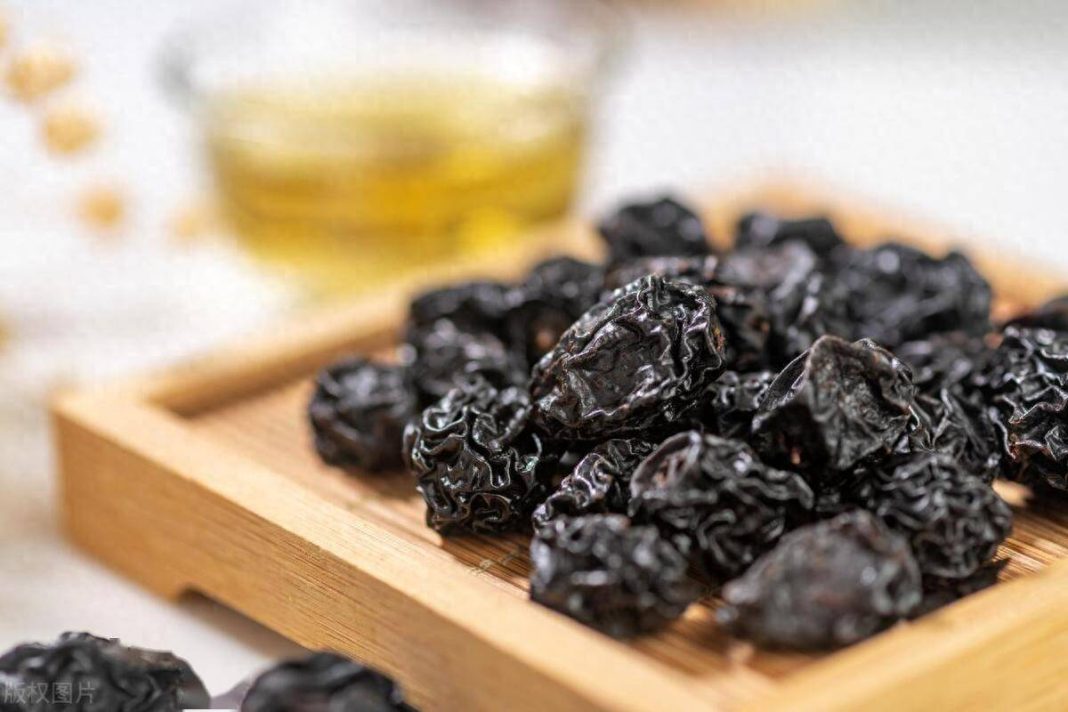As a doctor who has been deeply involved in the field of traditional Chinese medicine psychiatry for many years, I am often asked about various doubts about depression. In the vast classics of traditional Chinese medicine and my more than forty years of clinical practice, I deeply understand that the so-called “depression” in traditional Chinese medicine theory is more classified as the category of “depression,” whose root often lies in the imbalance of the body’s fluids and the dysfunction of the organs.
Depression, this ancient and complex disease, is characterized by stagnation of liver qi, spleen-stomach disharmony, and stagnant qi and blood. The fast-paced and high-stress modern life often leads many people to long-term emotional stagnation, where liver qi cannot flow smoothly, spleen-stomach function gradually becomes disordered, and the circulation of qi and blood is blocked, eventually leading to depression. Therefore, my treatment approach always revolves around the core principles of soothing the liver and regulating qi, resolving depression and harmonizing the stomach, promoting blood circulation and removing blood stasis.
Among the many Chinese medicinal herbs, although Wu Mei may not be eye-catching, it is a commonly used medicine when treating depression. Wu Mei, with its sour and astringent taste, enters the liver, spleen, lung, and large intestine meridians. It can not only nourish body fluids and alleviate thirst but also has remarkable effects in dispelling dampness and resolving depression. When carefully combined with other herbs, Wu Mei can help patients expel cold dampness from the body, calm the spirit, and promote the flow of stagnated liver qi, bringing a breath of fresh air to the mind.
Let me illustrate the wonderful use of Wu Mei through a practical case. Mrs. Shao, a patient only 39 years old, has been troubled by depression for two years. The dual pressures of work and life made her emotionally low, restless, leading to symptoms of insomnia and decreased memory. As the condition worsened, chest tightness, palpitations, and shortness of breath followed, and constipation and dry mouth made her suffer even more. With a red tongue with scanty coating and a thin, rapid pulse, the pattern was identified as “liver depression transforming into fire.”
For Mrs. Shao’s condition, I formulated a treatment plan focusing on nourishing yin, moisturizing dryness, and nourishing the heart and calming the spirit. The prescription heavily utilized Wu Mei, supplemented with Mai Dong and Tian Dong for nourishing yin and moistening dryness, Sheng Di and Xuan Shen for clearing heat and cooling blood, Shi Hu, Huo Feng, Yu Zhu, and Sha Shen for nourishing body fluids and alleviating thirst, and Gan Cao to harmonize the other herbs. This prescription aims to rebalance the body’s fluids and qi and blood, achieving the goals of soothing the liver, resolving depression, and calming the spirit.
On the revisit after seven days, Mrs. Shao’s mood had significantly improved, and her sleep quality had also improved. Subsequently, I made slight adjustments to the original prescription to better target her chest tightness and palpitations. After a period of continuous adjustment, Mrs. Shao gradually regained her former vitality, the shadow of depression completely dissipated, she rediscovered the joy of life, and smoothly returned to her work position.
This case not only validates the unique advantages of traditional Chinese medicine in treating depression but also reminds us once again: in the world of traditional Chinese medicine, there are no absolute “incurable diseases,” only pathological mechanisms not correctly understood and medications not properly used. Though small, Wu Mei can play a significant role at the right time, which is a vivid embodiment of the concept of “differentiation for treatment and flexible adaptation” in traditional Chinese medicine. In future clinical practice, I will continue to uphold this concept, bringing hope and brightness to more patients.


